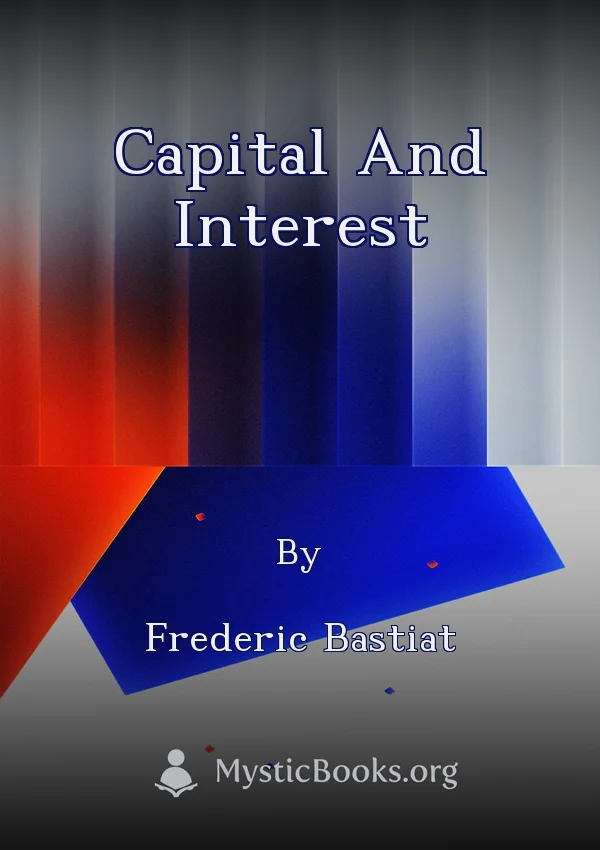
Capital and Interest
'Capital and Interest' Summary
Frédéric Bastiat was an early 19th-century French economist/statesman whose common-sense essays tried to battle the rise of socialist ideology after the French Revolution, where provisional governments were rivaling each other for power. Of central concern was who should control the money. How is wealth created? How should it be divided amongst the people? What services should the government provide? Same questions we are asking now. This essay addresses the popular fallacy of the day that capital should be available to all gratuitously, without the necessity of paying back loans, and looking upon any form of interest as usury. Bastiat argued that capital is created by savings, and savings are what makes borrowing possible so the common man can get ahead and prosper, and lending is only worth the risk if the lender profits by it, via interest. He demonstrated the law of supply and demand, that, in essence, interest decreases as the availability of capital increases. His basic premise is that without a leisure class (people who have money to spare over earning daily bread), there would be nothing to borrow, so that neither the common man nor society can prosper.Book Details
Language
EnglishOriginal Language
Published In
Genre/Category
Tags/Keywords
Authors
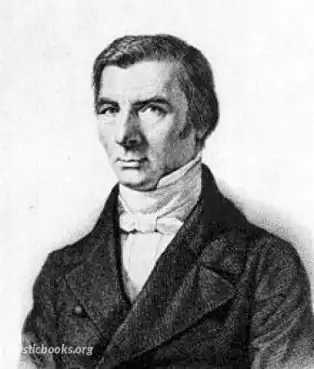
Frederic Bastiat
France
Claude-Frédéric Bastiat was a French economist, writer and a prominent member of the French Liberal School. A member of the French National Assembly, Bastiat...
Books by Frederic BastiatDownload eBooks
Listen/Download Audiobook
- Select Speed
Related books
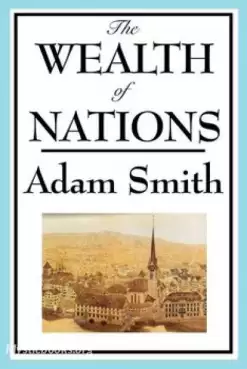
The Wealth of Nations, Book 5 by Adam Smith
An Inquiry into the Nature and Causes of the Wealth of Nations, generally referred to by its shortened title The Wealth of Nations, is the magnum opus...

Other People's Money by Louis D. Brandeis
Other People's Money And How the Bankers Use It is a collection of essays written by Louis Brandeis first published as a book in 1914, and reissued in...

The Lives of the Queens of England Volume 3 by Agnes Strickland
The remarkable stories of two influential queens who left an indelible mark on the annals of England's monarchy. Agnes Strickland, the spirited Queen...

The Majesty of Calmness by William George Jordan
Change your life by changing your thoughts. The Majesty of Calmness is your guide to attracting prosperity, manifesting opportunities, and managing st...
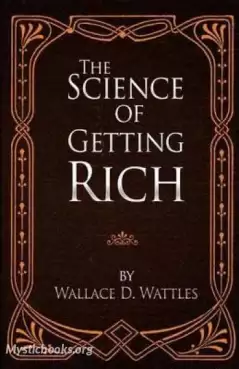
The Science Of Getting Rich by Wallace D. Wattles
The Science Of Getting Rich By Wallace D. Wattles has applications of Law of Attraction. As featured in the bestselling book The Secret, here is the l...
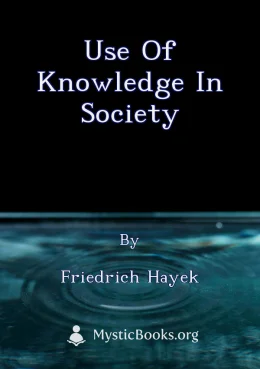
Use of Knowledge in Society by Friedrich Hayek
In "Use of Knowledge in Society," Friedrich Hayek argues against the feasibility and efficiency of a centrally planned economy. He emphasizes the inhe...

Richard Cory by Edwin Arlington Robinson
This was the weekly poetry project for 3 June 2006. Many “character” poems cut straight to the inmost psychology of their subjects, but here, the epon...
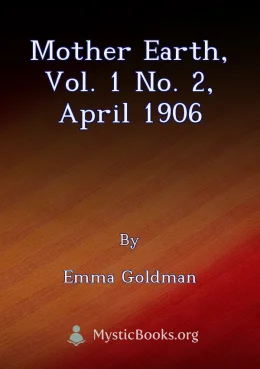
Mother Earth, Vol. 1 No. 2, April 1906 by Emma Goldman
Mother Earth, Vol. 1 No. 2, April 1906, is a landmark issue of the anarchist journal founded by Emma Goldman. This edition features a diverse range o...

野分 (Nowaki) by Sōseki Natsume
'Nowaki' is a novel by Sōseki Natsume that tells the story of three writers in Tokyo around 1900. The novel explores themes of friendship, poverty, we...
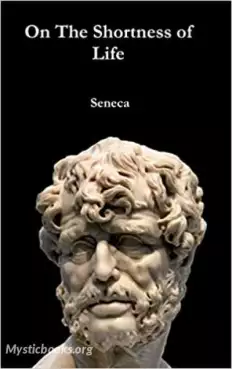
Of the Shortness of Life by Seneca
De Brevitate Vitae is a moral essay written by Seneca the Younger, a Roman Stoic philosopher, sometime around the year 49 AD, to his father-in-law Pau...
Reviews for Capital and Interest
No reviews posted or approved, yet...